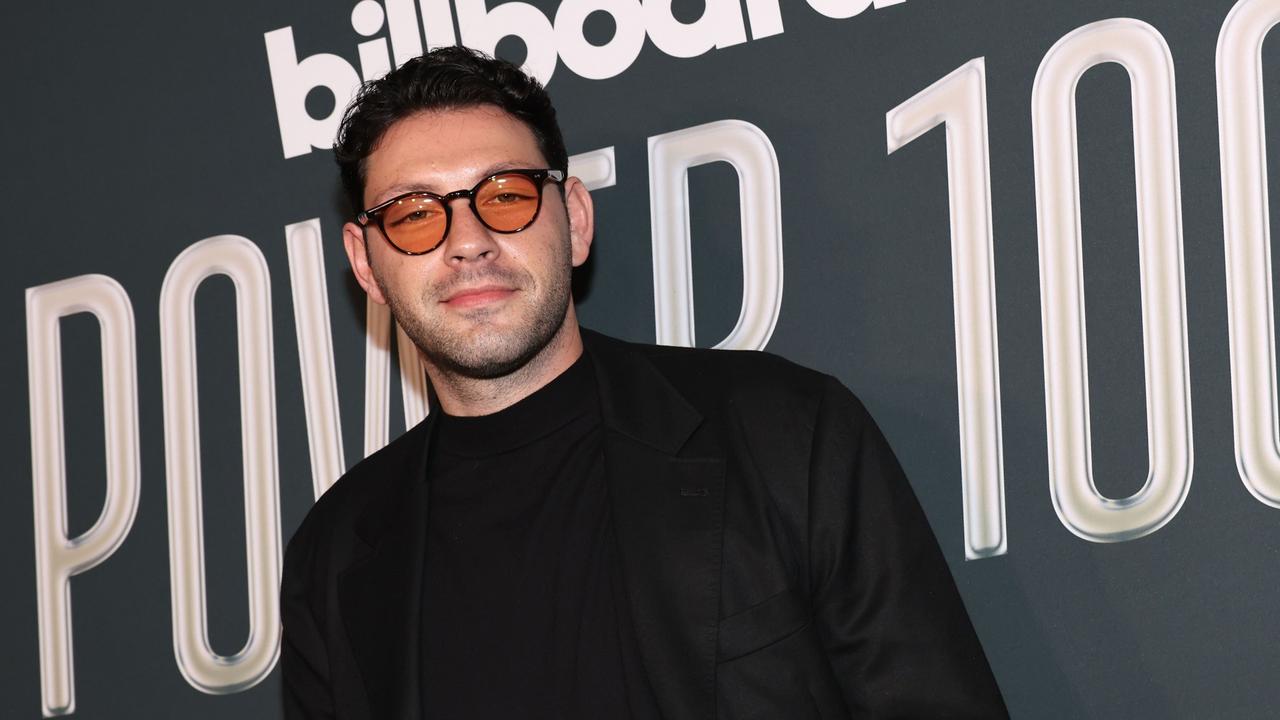Benjamin Netanyahu explores plea deal in corruption
The deal would decide the political fate of Israel’s longest-serving leader and up-end the country’s politics.

Former prime minister Benjamin Netanyahu is exploring the option of a plea deal in corruption charges against him, according to people familiar with the talks, in a move that could decide the political fate of Israel’s longest-serving leader and up-end the country’s politics.
The trial has become one of the starkest symbols of the reversal of fortunes for Mr Netanyahu, who led the country for 15 years until he failed to form a government last spring.
Prosecutors say Mr Netanyahu accepted expensive gifts from wealthy businessmen in exchange for official favours and offered two media executives regulatory and financial benefits in exchange for positive press coverage.
Mr Netanyahu’s team recently approached the office of Israel’s Attorney-General Avichai Mandelblit to “feel out” what would be the minimum requirements for a deal, according to one of the people familiar with the talks.
The process, however, hit a quick road bump, the person said, after Mr Mandelblit responded that Mr Netanyahu would need to accept a “moral turpitude” clause as part of his conviction, which could prevent his formal participation in Israeli politics for a number of years.
“There isn’t anything concrete on the table right now,” the person noted. “Without moral turpitude, there won’t be anything.”
A spokesperson for Mr Netanyahu would not comment, and Israel’s Justice Ministry declined to comment on the reports.
Such an admission of guilt by Mr Netanyahu – who became the first sitting Israeli prime minister to be indicted – would be a stark turnaround, as the former premier had for years claimed the charges against him were a baseless witch hunt carried out by law-enforcement officials who wanted him out of office.
Reports of such a deal have raised questions among Israeli commentators over whether Israel’s current coalition could survive Mr Netanyahu leaving the political playing field. The coalition is a diverse mix of left, centre, right and Arab parties who put aside strong differences to keep Mr Netanyahu out of office last year.
Israeli Prime Minister Naftali Bennett hit back on Sunday against the idea his government could be on the brink of collapse.
“To all the various political commentators, with all the graphs and scenarios, rest assured. The government of Israel is working and will continue to work quietly and effectively day after day for the citizens of Israel,” Mr Bennett said at a cabinet meeting.
Former Supreme Court president Aharon Barak said he had been approached by Mr Netanyahu’s lawyers around three weeks ago with a request to explore a plea deal with Mr Mandelblit.
Mr Barak said he hadn’t been part of the negotiations that followed between the attorney-general’s office and Mr Netanyahu’s lawyers.
He said the attorney-general’s favourable attitude towards a plea deal was well known, but said it was unclear whether any successor of Mr Mandelblit, whose term is up at the end of the month, would look as favourably on a potential plea deal.
The trial is expected to continue for years. If found guilty, Mr Netanyahu could face up to 10 years in prison.
The Wall Street Journal



To join the conversation, please log in. Don't have an account? Register
Join the conversation, you are commenting as Logout